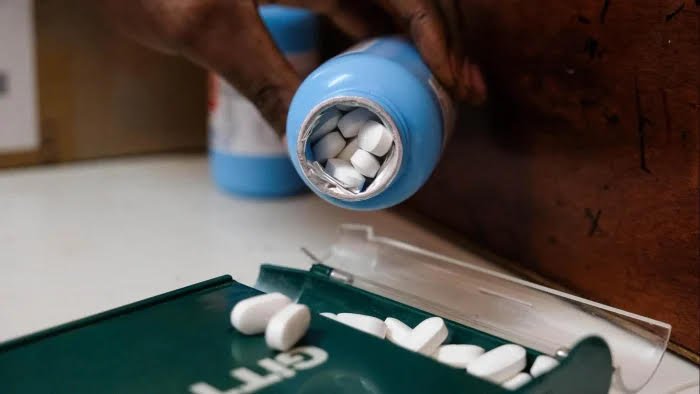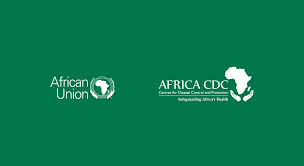Korede Abdullah in Lagos
The Trump administration’s cancellation of a $258 million HIV vaccine research programme has sparked global concern, particularly for Nigeria and other low-income African countries that depend heavily on international scientific breakthroughs.
The programme, previously based at Duke University and the Scripps Research Institute, had shown promise not just for HIV, but also in developing treatments for COVID-19, autoimmune diseases, and snake bites.
“I find it very disappointing that, at this critical juncture, the funding for highly successful H.I.V. vaccine research programs should be pulled,” said Dennis Burton, who led the programme at Scripps.
Health officials from the National Institutes of Health (NIH) informed researchers that the agency would instead prioritize currently available treatments over long-term vaccine development.
Experts fear that this decision will undermine decades of progress in HIV research and prevention, both in the U.S. and globally. “N.I.H. expects to be shifting its focus toward using currently available approaches to eliminate H.I.V./AIDS,” a senior official said.
However, many public health leaders argue this is a dangerous pivot. Already, the cuts have led to layoffs and halted prevention programmes across several U.S. states, including Texas and North Carolina.
The situation is even more dire in African nations, where imported research and donor-funded innovations have long been central to local HIV treatment strategies. Without new vaccines, countries like Nigeria risk stagnation or even reversal in their fight against the disease.
In Africa, where over 25 million people live with HIV, the ripple effect of the U.S. funding cut could be devastating. Many governments rely on Western medical research for accessible treatment options and future vaccine rollouts.
With local capacity for advanced biomedical research limited, the shutdown of such a promising initiative drastically narrows the pipeline for innovation.
“These cuts are not just numbers on paper—they are lives lost, especially in poorer regions,” said a Lagos-based health advocate, Mr Muyiwa Adesanmi who spoke with Africa Health Report (AHR) on the phone.
As global health systems continue to navigate post-pandemic recovery, the decision threatens to widen the health equity gap between wealthy nations and vulnerable populations in Africa.



